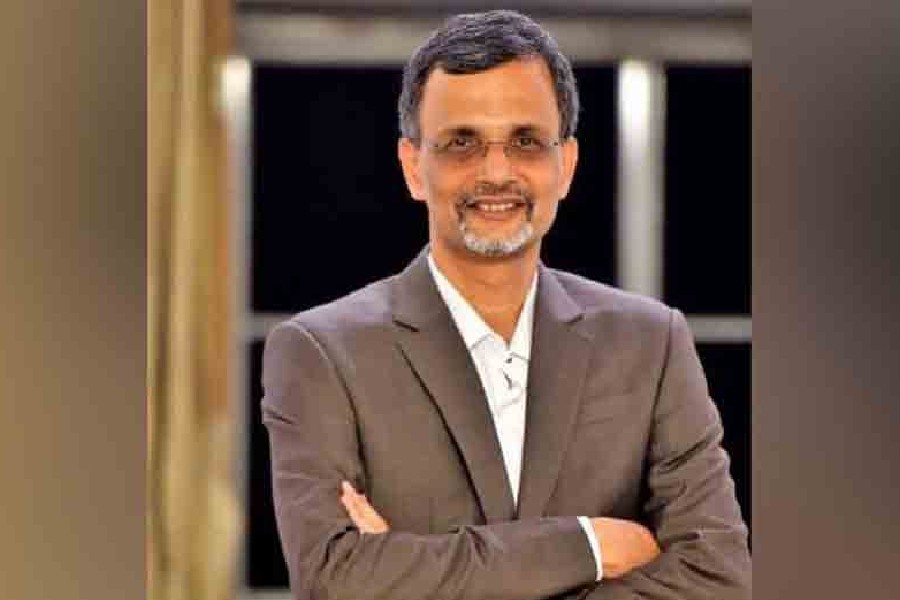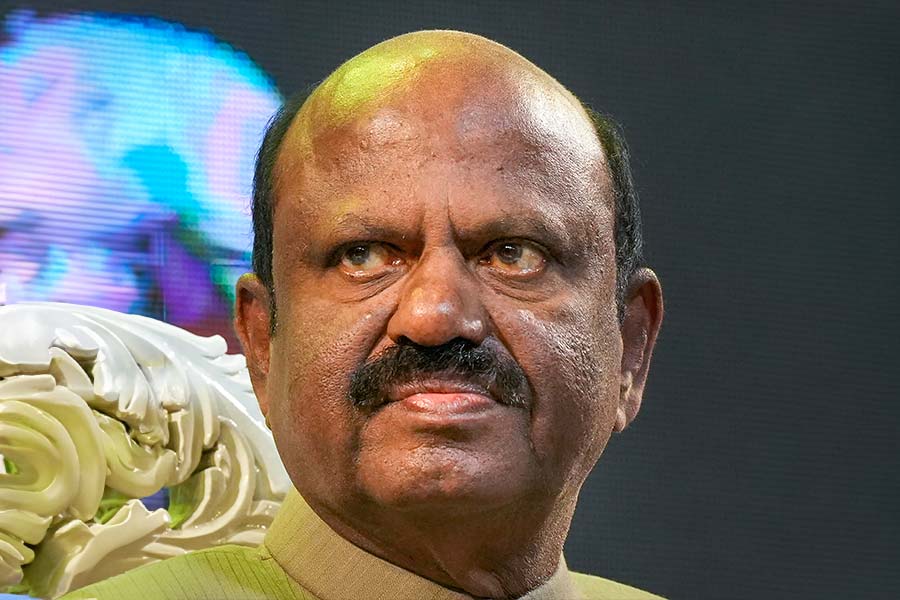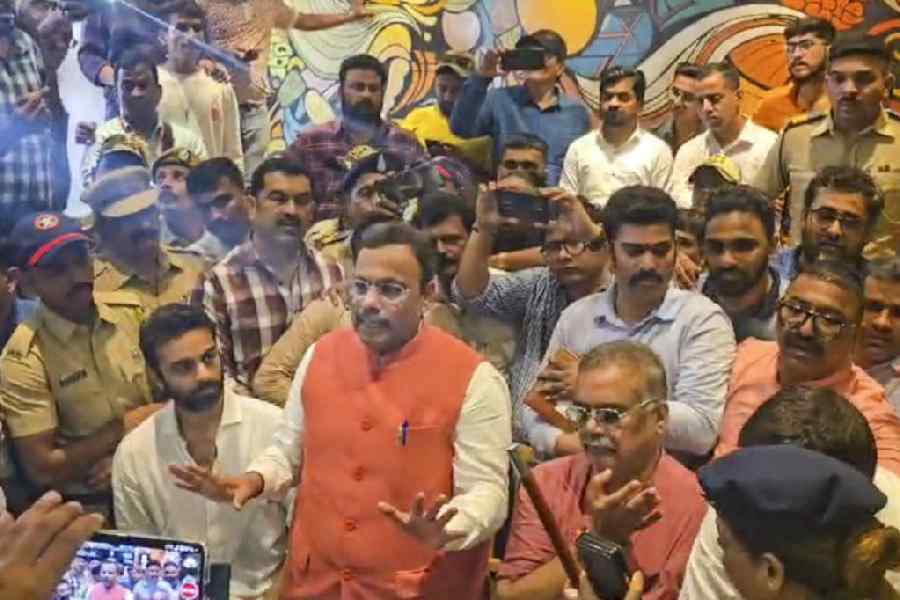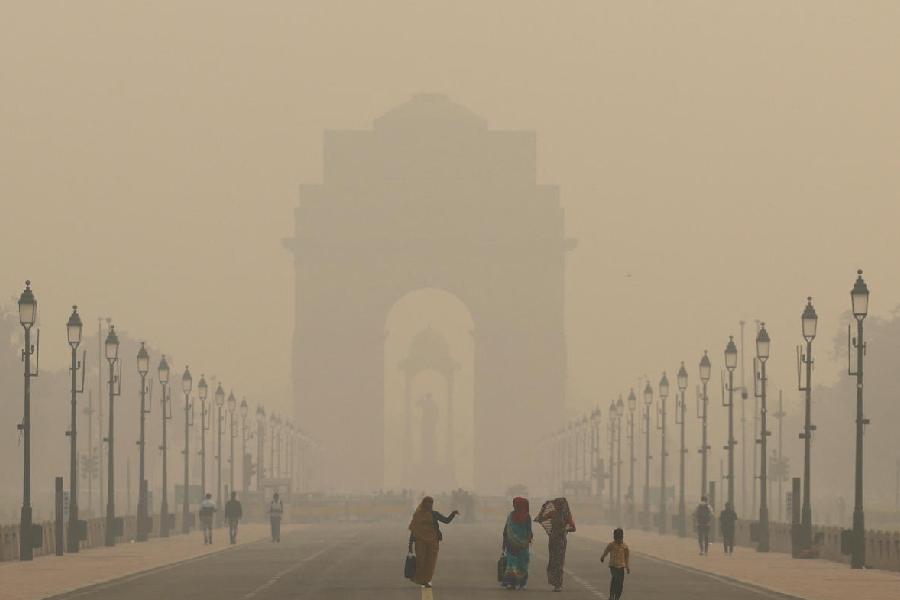Factors such as "massive encouragement" to private transport and wrong farm sector incentives are responsible for high pollution levels in areas like the national capital, Chief Economic Advisor G Anantha Nageswaran said on Tuesday.
"The massive encouragement we have given to private modes of transport and the policies with respect to the farm sector which have incentivised only food grains - paddy and wheat - and not other forms of agricultural products have combined to play this role in terms of keeping our air quality somewhat on the lower side. I am being moderate here," Nageswaran said.
Weather factors such as absence of wind and heavy winter air which keeps the pollutants closer to the ground is also responsible for the pollution, he added.
Nageswaran seemed to suggest that the state has an important role to play in improving the air quality, and will have to do it to gain the confidence of people and ensure that they contribute to the agenda of high growth.
"If we are able to show that we have the capacity to grow we have to be able to tackle the most visible problems and show results in short order for the public to gain confidence that the state has the capacity and the capability to fix the problem that they are able to see on a daily basis," he said.
It can be noted that pollution levels in the national capital region have reached alarming levels, leading to a slew of measures to curb the menace including limiting the time children spend outdoors.
Pollution levels in Delhi remained alarmingly high at 488 in the 'severe plus' category on Tuesday. According to Central Pollution Control Board (CPCB) data, Delhi's Air Quality Index (AQI) was recorded at 488 at 9 am.
On Monday, Delhi recorded its second-worst air quality in six years with the AQI touching 494.
The last two decades has witnessed a significant increase in car usage in the national capital region, even as the capital earned praise for the efficient metro rail system for public transport. There have also been efforts to limit car usage in the national capital with ideas like the odd-even scheme being tried in the past.
The CEA also said that India will also have to invest in "human capital" along with the physical and digital investments that it is doing, in the run up to 2047.
Except for the headline, this story has not been edited by The Telegraph Online staff and has been published from a syndicated feed.











